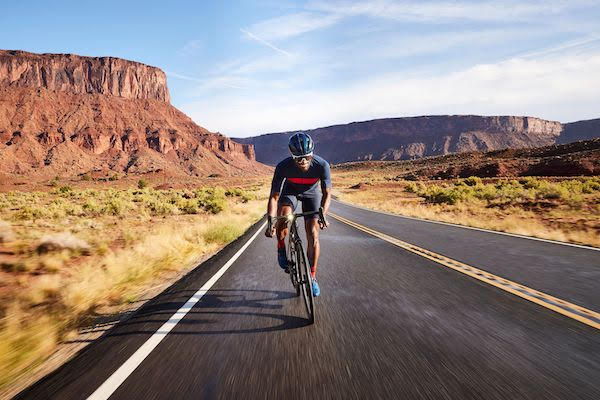 To Strava or Not to Strava?
To Strava or Not to Strava?
By Barry Near
Even if you’re new to cycling, chances are you’ve at least heard of Strava. The app has been gaining popularity among both cyclists and runners over the last few years. Strava uses satellite to track athlete data, enabling them to measure improvement and build athletic community. You can even create your own groups with your team or cycling BFFs who you can motivate and encourage mid-ride.
While most athletes only use a portion of the app’s full functionality, it can capture a lot of info for number crunchers who love their metrics. Most cyclists use it forroute summary, elevation gains, speed, timing, heart rate, and power. Among the most popular is the Strava “segment,” which is a marked out distance on a trail or road where riders race against the top-posted time. Another fan favourite is the climbing segment called KOM/ QOM (King/ Queen of the Mountain). Whether your aim is to get on the leaderboard or not, there’s definitely a built in sense of competition.
While many Strava lovers will proclaim: “If it's not on Strava, it doesn't count, ”there are still many cyclists who don’t love the idea of everyone else being privy to their personal whereabouts and training, and who simply prefer working hard without getting caught up in numbers. World Pro cyclist Taylor Phinney, for example, has described preferring to simply check his odometer to see how fast he was going and then try to increase that by 5 km/hour more and try to sustain it! Some riders prefer no data what so ever, allowing them to enjoy the scenery or tune into the perceived effort of the own heartbeat, breath, and pedal stroke.
Performance and rider experience aside, one of the less touted benefits of Strava is safety. By enabling the app to share location, friends and family can know exactly where to find you should anything go wrong. (This can go a long way in your spouse giving you the morning off from the kids to go ride!)
In short, Strava seems to work for cyclists wanting to structure and improve their rides, and who value the community it connects them to. For others, too much data collection and tracking detracts from living in the moment and remembering why they are out riding in the first place!
